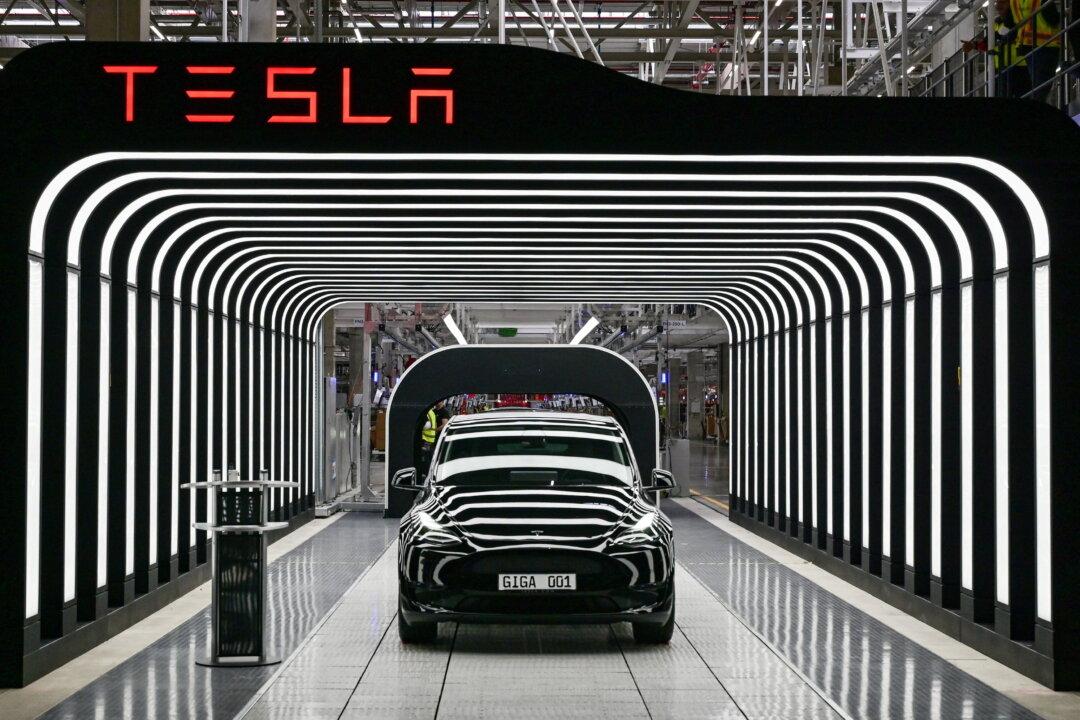Tesla Inc. delivered 17.9 percent fewer electric vehicles in the second quarter from the previous quarter, as China’s COVID 19-related shutdown disrupted its production and supply chain.
The world’s biggest electric car maker said on Saturday that it delivered 254,695 vehicles in the April to June period, compared with 310,048 vehicles in the preceding quarter, ending a nearly two-year-long run of record quarterly deliveries.





